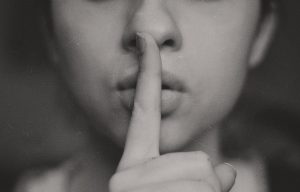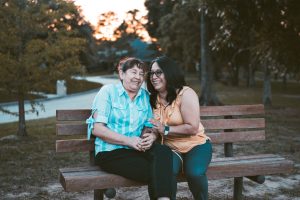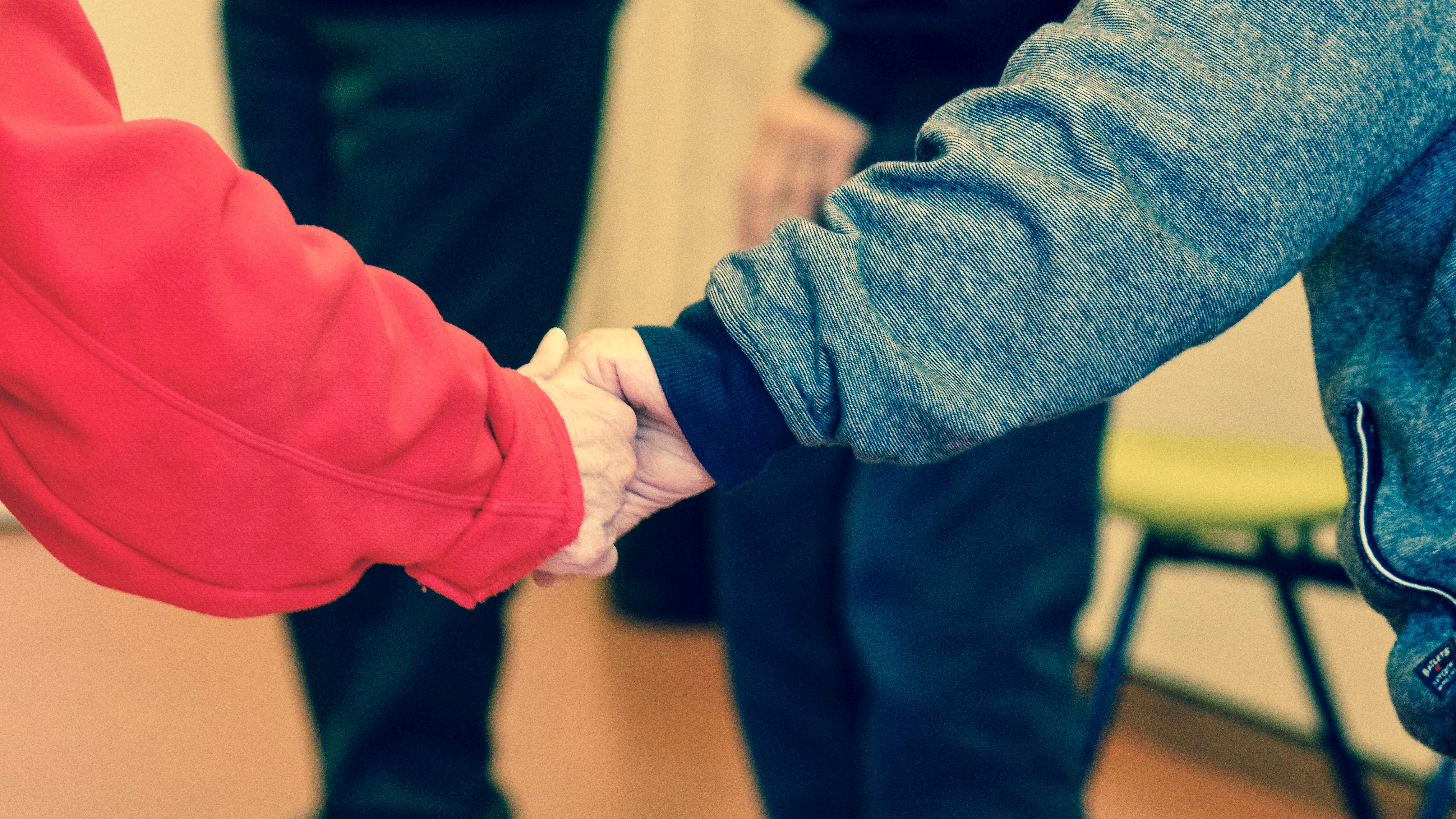When people have low self-esteem it can be difficult to recognize when they’re being treated badly. Simply, if they have not experienced respectful relationships, they do not know when someone is being unkind, controlling or bullying. They do not believe that they deserve to be treated better.
It's therefore important to be able to identify the signs of a healthy friendship. True friendships help people to feel better about themselves. They are life enhancing and supportive.
In this blog I asked my friends what friendship meant to them and the responses had very similar themes. So, without further ado, this is what I learned - with a little help from my friends!
Openness
A supportive friendship is one where you can be yourself without fear of judgement. There is no need to hide your true self because your friend likes you as you are. Emma said: "You can be your real self, not just your best self", and Brigette agreed: "someone with whom you can be totally honest and authentic with."
Trust

Photo by Kristina Flour on Unsplash
You will be able to trust your friend with your secrets and know you won’t be talked about behind your back. This is what Shirley said: "friendship means someone who you can confide in. She/He accepts you no matter what and doesn’t judge you."
Honesty
Your friend may challenge you about your behaviour but this will be done in a way that you know they still care about you.
Lynda told me friendship meant: "Being able to say difficult things to hear when they are for the other’s wellbeing" and Jenny said: "Someone who will tell you the truth about yourself, if it is something that will change a negative pattern or increase your self-confidence."
Brigette thought a friend is: "someone who lifts you up and inspires you to be a better version of yourself just by being their honest authentic self."
Sharing
Your friend will be willing to share you with others. This is because they want the best for you and know that you need to do things that do not necessarily involve them. They are not threatened by this.
Sabrina thought that: "Friendship means giving space and valuing all aspects the other is working on" and Shirley stated: "They want to see you grow and add value to your life and vice versa"
Forgiveness

Photo by Victor Benard on Unsplash
When conflicts inevitably occur, real friends will be prepared to try and understand your point of view. They’ll be prepared to talk things through.
Carrie said: "true friends are those who are there for you, no questions asked. You don’t have to worry about apologising if you haven’t been in touch for a while"
Support
When we’re feeling down or have failed in some way, friends are prepared to listen and remind us of our strengths. They have our backs. Jenny thought a friend is: "Someone who reminds you of your potential and believes in you when you may not believe in yourself", and Heather said: "Friends are those who believe in me when I don’t believe in myself a while, they understand."

Photo by Zun Zun from Pexels
Loyalty
Friends are there, whatever happens. Rachel said that friends are those who will be: "sticking with you through the tough times as well as the fun times", and Jane thought that: "you can share everything with your friends. Support by your friends in difficult times is another way of sharing."
Nurturing
When people care about us, they want to spend time with us. They’ll prioritise us and get in touch. This is Heather's view: "Friends are who I love to spend time with"
Listening
Real friends really listen, they don’t wait for you to stop speaking so that they can start telling you about themselves. Lynda thought that friendship is about: "allowing each other to speak and be heard equally"
Timelessness 
Deep friendships often withstand the test of time. Helen, who is 65 and still has a friend from primary school, said that: "when we met recently it was as if we just continued our conversation where we’d left off twenty years earlier!"
And Lynda agreed: "If we don’t see each other for ages, no guilt or drama, just a continuation of where you left off"
Fun

Photo by Dario Valenzuela on Unsplash
Good friendships involve humour. Being able to laugh and relax with each other is a sign of a shared viewpoint which affirms the relationship. Brigette thought that a friend is: "Someone you can laugh with". Margaret said that with her friends: "we can belly laugh about the past."
And for the Good Enough Mums reading this blog, I’d like to finish with Lynda’s comment which sums up a Mum’s friendship:
“Oh, and not having to buy gifts for their kids. You do something together - away from the kids!”
By helping you to feel better about yourself, counselling can help you to be a better friend and enhance your relationships. Please contact me for more information.

